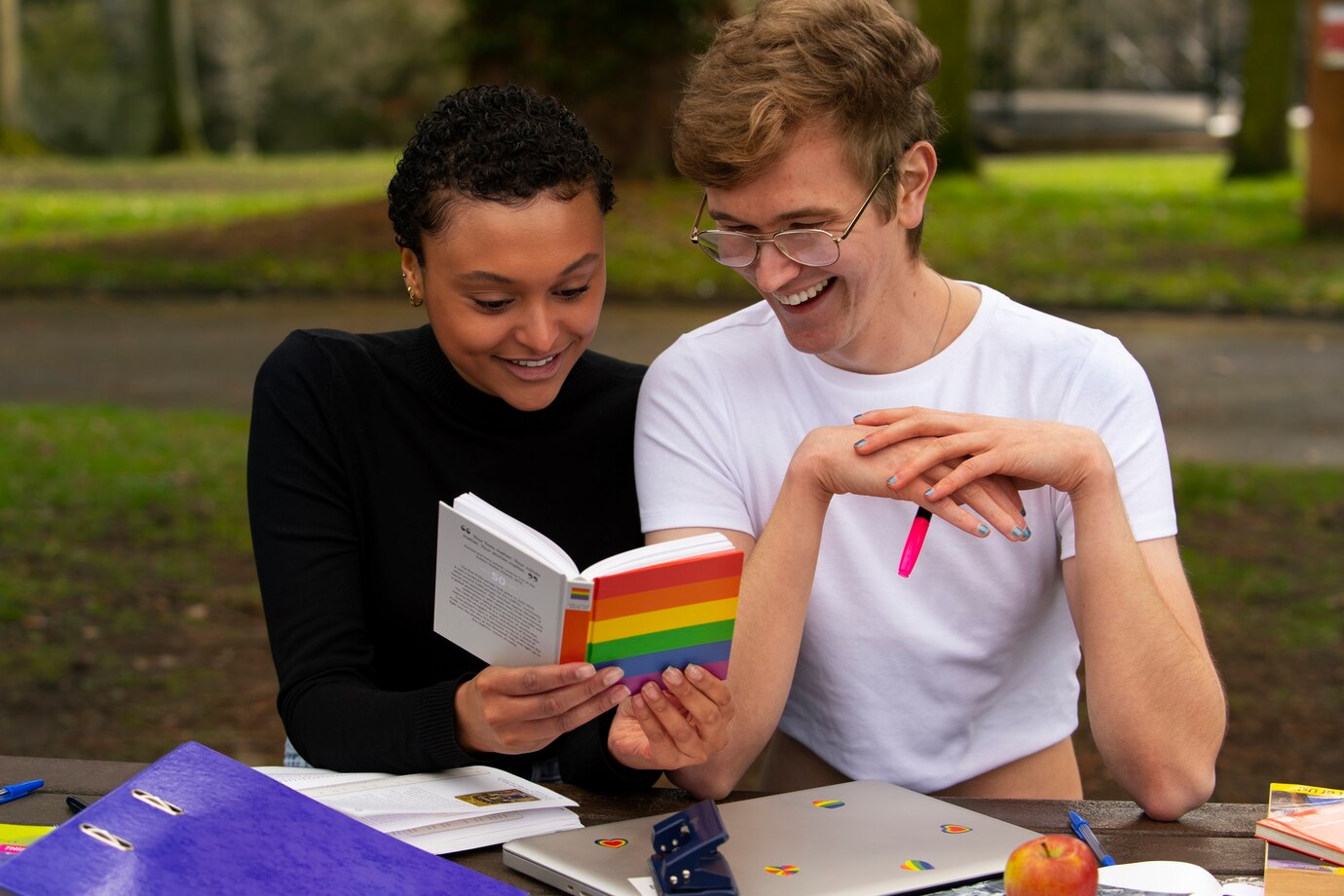LGBTQ+ end-of-life traditions provide a meaningful way to prepare for death and offer comfort to the dying and their loved ones, focusing on honoring the individual’s identity and ensuring their wishes are respected. These practices emphasize inclusivity, respect, and personal expression, creating a compassionate and dignified approach to the final stages of life. Understanding these traditions can help us appreciate their significance and the solace they bring to those nearing the end of life.
Celebrating Individuality and Life
At the core of LGBTQ+ end-of-life practices is the belief in honoring the individual’s unique identity and celebrating their life. This includes personalizing care and preparations to reflect the dying person’s values, interests, and relationships. LGBTQ+ traditions emphasize creating a meaningful and respectful environment that acknowledges and celebrates the person’s true self.
Advance Directives and Planning
LGBTQ+ end-of-life traditions prioritize the importance of advance directives, such as living wills and healthcare proxies, to ensure that the individual’s end-of-life wishes are respected. These documents provide guidance on medical treatment preferences, who has the authority to make decisions, and other critical choices, ensuring that the person’s autonomy and identity are honored.
Emotional and Psychological Support
Providing emotional and psychological support to the dying person is a key aspect of LGBTQ+ end-of-life care. This support often involves counseling, therapy, and open conversations with family and friends. The goal is to address emotional needs, alleviate fears, and offer comfort during the final stages of life, while respecting the person’s identity and relationships.
Hospice and Palliative Care
LGBTQ+ end-of-life care often includes hospice and palliative care services, which focus on managing pain and providing comprehensive support. These services are designed to improve the quality of life for the dying person by addressing their physical, emotional, and social needs in a manner that respects their identity and relationships.
Personal Rituals and Practices
In the absence of traditional religious rituals, LGBTQ+ end-of-life traditions often include personal practices and rituals that hold significance for the individual and their loved ones. This can include creating memory books, listening to favorite music, sharing stories, or participating in meaningful activities that bring comfort and joy. These rituals are tailored to reflect the person’s life and identity.
Family and Community Involvement
Family and community play a vital role in LGBTQ+ end-of-life traditions. Loved ones, including chosen family and friends, gather to offer support, share meaningful moments, and participate in personal rituals. This communal involvement helps the dying person feel surrounded by love and support, providing comfort to both the individual and their loved ones.
A Reflection of Beliefs and Values
LGBTQ+ end-of-life traditions reflect the values of individuality, autonomy, and inclusivity. These practices provide a structured way to prepare for death, support the dying, and celebrate the uniqueness of each person’s life. By understanding and respecting these traditions, we can offer meaningful support to our LGBTQ+ friends and family during their final journey.
In summary, LGBTQ+ end-of-life traditions offer a profound and respectful way to prepare for death, rooted in a deep understanding of individuality and personal expression. These practices not only provide comfort to the dying but also ensure that their final moments are filled with dignity, respect, and personal significance.
If you have feedback, questions, or ideas for future articles or Information Hubs, please contact us. Your insights help us create valuable content.


